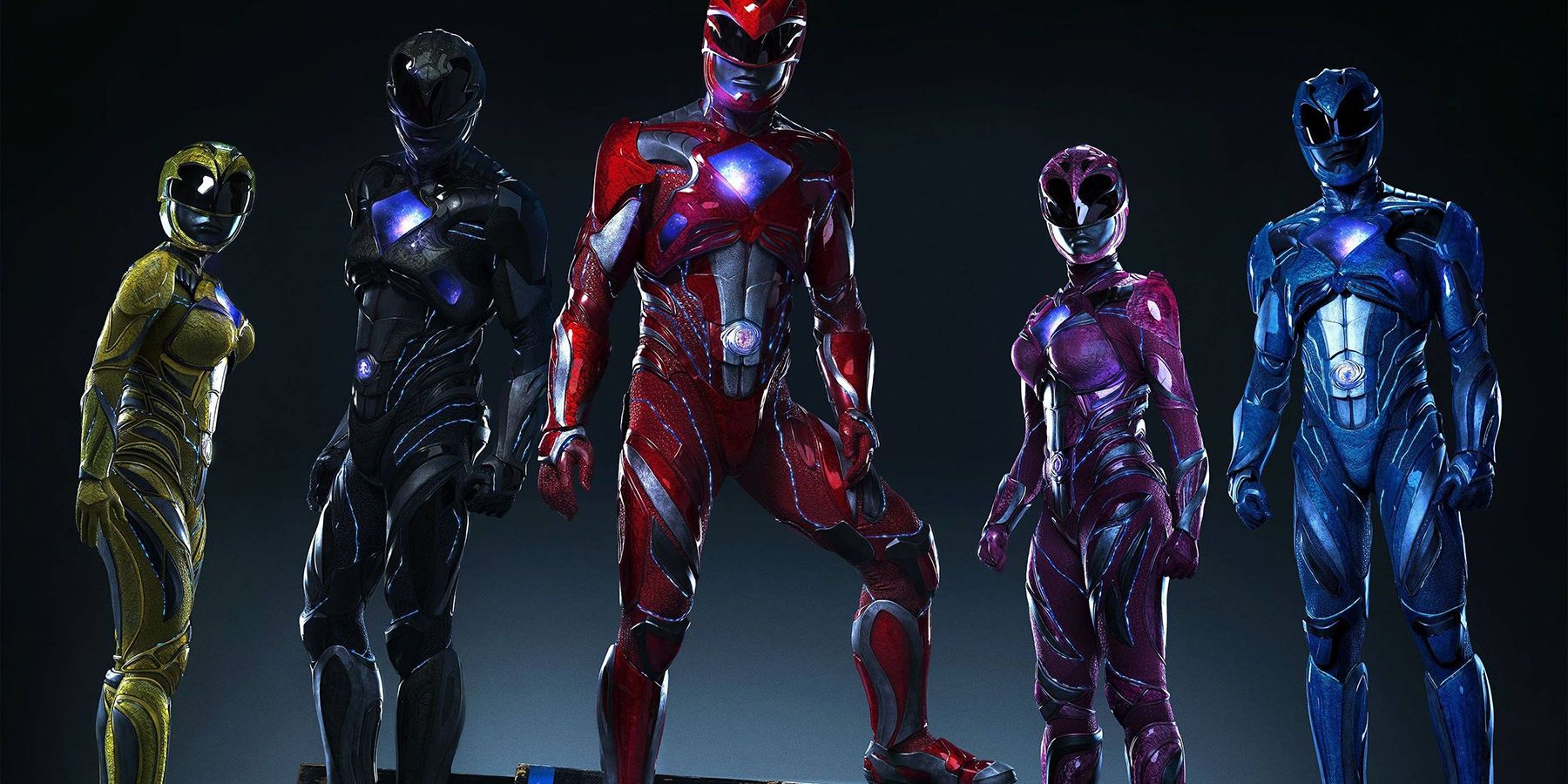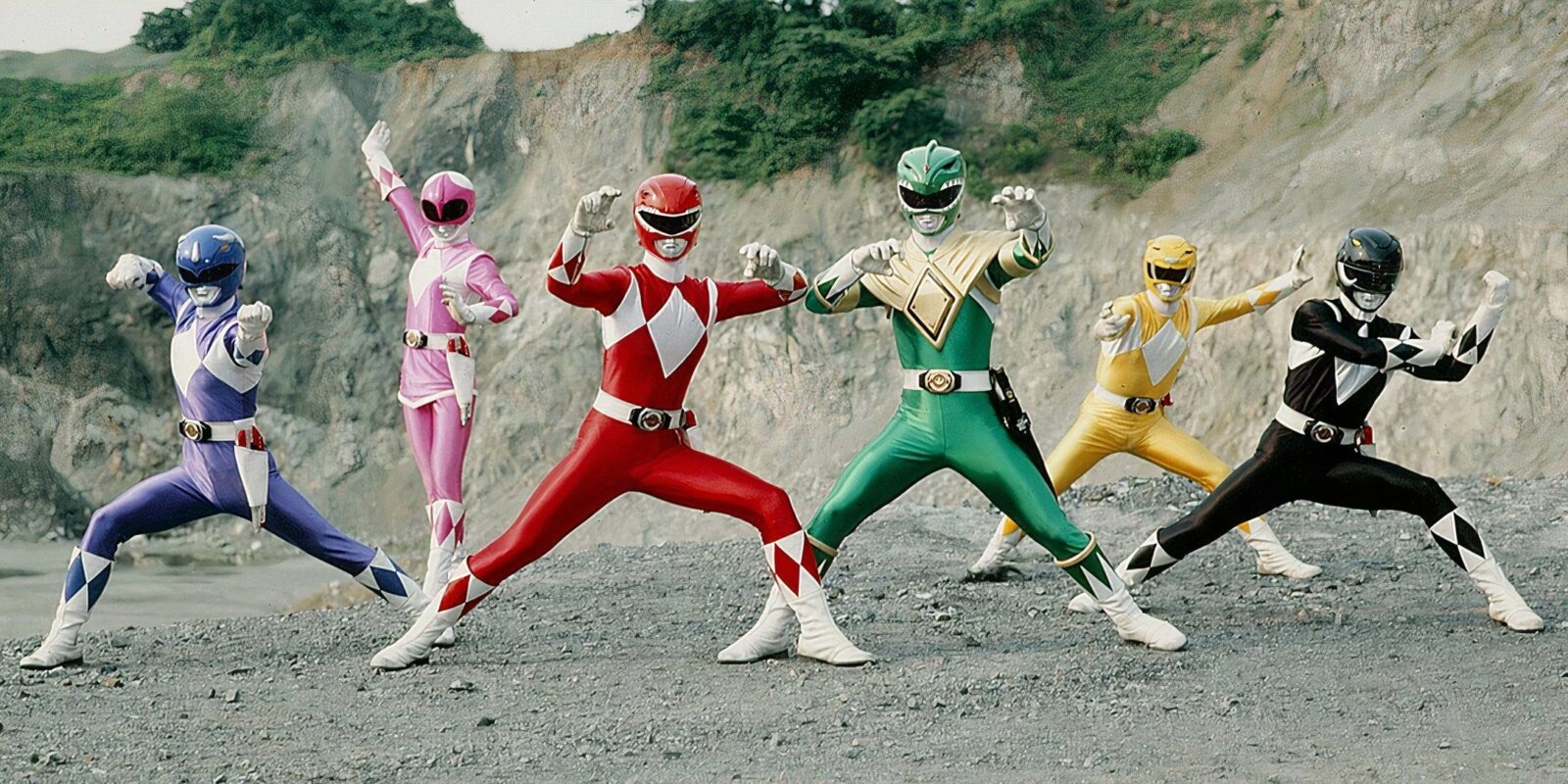Summary
- Power Rangers made over $1b from licensing & merchandise annually.
- Original Power Rangers stars Walter Emanuel Jones and Austin St. John faced low salaries and financial struggles.
- The pair said the money they made from car shows exceeded the salary they received for an entire season.
Mighty Morphin’ Power Rangers was a big hit in the early 1990s. However, two actors who were part of the TV series said they didn’t make much money from the project.
Mighty Morphin’ Power Rangers became a massive phenomenon when it aired from 1993 until 1995. The lead stars’ colorful costumes and the teen characters were a hit with young audiences. It also sparked a lucrative merchandise business, including toys, video games and apparel. Power Rangers reportedly made over $1 billion annually from licensing and merchandise. It was a huge success that the TV series ran for three seasons with a total of 145 episodes and it also spawned a theatrical release, Mighty Morphin Power Rangers: The Movie (1995). However, two of the original core cast members revisited the time they were still doing the project and shared its impact on their finances. Apparently, it didn’t help them much.

Related
RUMOR: The Power Rangers Franchise Is Pushing Forward Despite Netflix Setbacks
A new report suggests that fans don’t have to give up after a second failed attempt to revitalize Power Rangers falls through at Netflix.
Walter Emanuel Jones and Austin St. John, who played Zack Taylor (Black Ranger) and Jason Lee Scott (Red Ranger), respectively, admitted that the show didn’t have the best working environment and they received low paychecks. “The experience was amazing, although it wasn’t something that made us wealthy,” Walter shared on Fanward. “We were broke,” Austin added. The show wasn’t union, so the cast and crew members’ fees were low. The two actors admitted that despite their popularity, their salary wasn’t enough to pay their bills, so they resorted to doing other activities to make more money. Eventually, they earned more from doing car shows than filming Power Rangers.
“We started doing car shows,” Walter recalled. “Right now, we’re doing comic cons, back then we were doing car shows. Because now we were understanding our worth. In a weekend we would make what we would make in an entire season, which was crazy. It was like, ‘Hey, we just made that in a weekend? Signing autographs? Just signing my name? We’re signing autographs, and in a weekend, we’re making more than we made in the first season, and that’s crazy! That’s three days, compared to how much time we spent filming 40 episodes.” The salary issues eventually led Walter, Austin and their co-star Thuy Trang, who played Trini Kwan (Yellow Ranger) in the series, to leave the show. The franchise only became a union in 2018 after Hasbro acquired it. Austin and Walter have returned to the franchise and received better pay.
It was heartbreaking to know that the cast members of such a massive show were underpaid. Mighty Morphin’ Power Rangers gained an enormous following because of the actors’ personalities and energy while portraying their roles. Also, the toy line, which included action figures, Megazords and Morpheus, and other merchandise like lunchboxes, backpacks, and video games, only showed that the franchise was patronized by fans. So, the people behind the franchise made money from several outlets. Unfortunately, the income wasn’t divided fairly because the actors and crew members felt they weren’t paid enough for their hard work and contribution to its success. It’s a good thing Walter and Austin are still part of the franchise, which has since become a union, and they are now getting the pay they deserve.

More
One Creative Decision Could Prevent Another Power Rangers Reboot Disaster
To avoid repeating the mistakes of the 2017 reboot, future Power Rangers projects must learn a few lessons, including one from Netflix’s Cobra Kai.
Source: Fanward












Leave a Reply